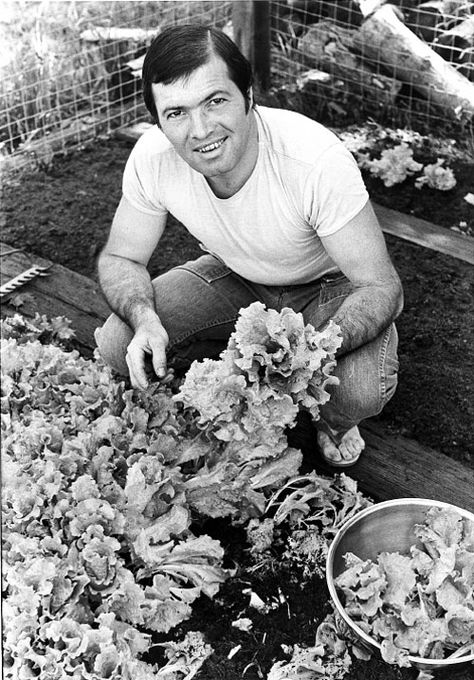Consistency and creativity

Jacques Pépin is one of the most skilled, influential, and delightful chef/educators in the world. I heard him say this on technique, skill, consistency, quality and creativity. It is relevant to ALL fields of art and craft.
“First, you start with technique, because the technique — that is the manipulation, the manual dexterity of a chef — for me, is important. You have to become a technician first, whether you’re a shoemaker, or whether you’re a cabinetmaker or a jeweler or a sculptor or a surgeon, for that matter, or a cook. You have to know your trade. Or whether you’re a painter. I paint, too. You can spend two years in art school and learn how to mix yellow and blue and to make green with that and do something with your thumb or with a spatula or with a brush, and after two years, you can stand in front of a landscape and do one painting after another.
Does that make you an artist? Not really, but at that level, you’re a good technician. If you happen to have talent, however, in your hand, then what you know, the techniques themselves, make you show the talent much better. And I know a lot of chefs– and I’m not saying that in a derogatory way — small restaurant chefs, who run their restaurant, do a good food course and run the kitchen well, and they have not much talent, but they are good technicians. They can run the kitchen. The food is good; it’s okay. But if you happen to have talent and put a little love in it too, then you get to […] someone who is a great chef.
I don’t really find anything that exciting about something new because it’s new, by itself. I would rather have a roast chicken or something like that, that I know that I can go to that restaurant, and each time, it’s just about perfect and better and better. To keep that level of consistency requires a great deal of creativity at a different level because, whether you like it or not, there are no two chickens which are the same — same amount of fat, the same amount of freshness in it or whatever, the quality of the chicken, the quality of anything else. So each time, in order to get to that same dish and have the same taste each time, then you have minute changes that happen along the way, which are sometimes conscious, and sometimes they are subconscious. But you change to adjust, adjust, adjust, and eventually, you get there. Because when you cook something again, if you learn all the technique, and you learn to see the details, it’s sort of cooking something new every time because you have to adjust every time. I tell you, the guy who does it behind the stove, after maybe 2,000 times that he’s done it in the last five years he’s there, for that to be perfect each time he does it requires a great deal of knowledge to have that type of consistency. It’s quite difficult, and that’s where a restaurant is made — by being consistent and good each time you go, regardless of whether it’s new or not. It’s always new to a certain extent because it’s never really the same.”
Jacques Pépin